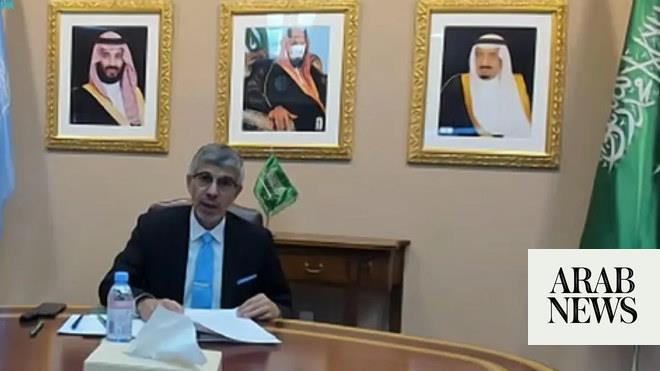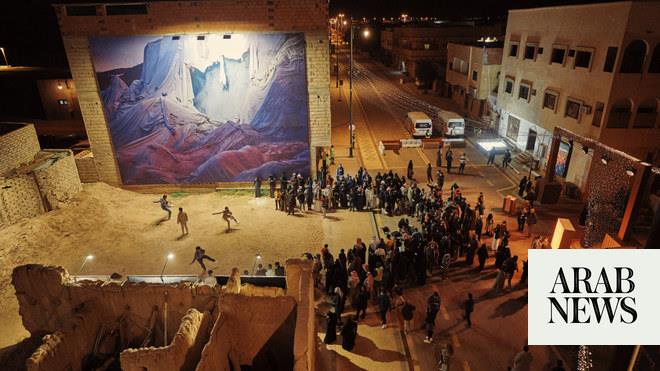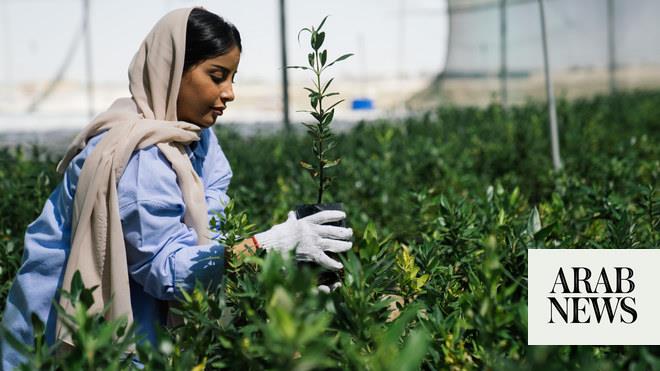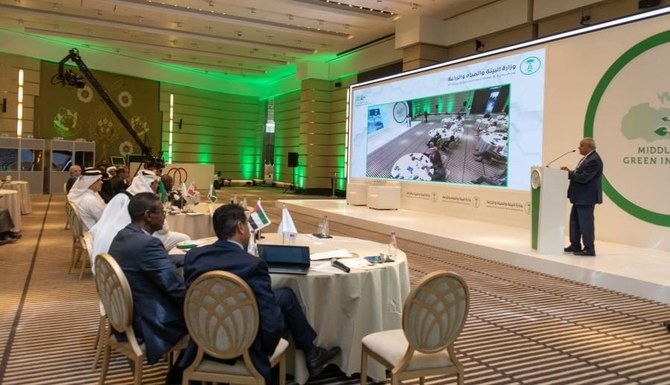
As economies begin to recover across the world, governments have stepped in to support businesses and, to date, $15 trillion has been invested to cushion the economic impact of the pandemic. Given that countries are looking to rebuild, the question we’ve got to ask ourselves is what kind of recovery do we want?
Saudi Arabia has implemented a number of policies to attempt a comprehensive reduction of its greenhouse gas emissions. Its green energy investments represent a key pillar of the Vision 2030 strategy, the National Renewable Energy Plan. This is designed to stimulate renewable energy development to deliver long-term economic diversification and economic stability by reducing domestic fossil fuel consumption.
The thinking behind these decisions is brave, far-sighted and also logical; putting money into the green economy will have a longer, far-reaching impact.
The green economy offers investment, economic growth and job creation, while shifting Saudi Arabia onto a more sustainable development trajectory. Economic, environmental and social sustainability are the focus areas of this strategy, supporting low-carbon growth while promoting the principles of efficiency, successful innovation and problem-solving.
Awareness of EVs has grown in Saudi Arabia, thanks in part to events such as Formula-E. Research estimates that if 100,000 combustion vehicles were replaced by the same number of EVs, carbon emissions would decrease, on average, by about 0.35 percent, or 266×103 tons. If all of the vehicles in Saudi Arabia were to be replaced with EVs, emissions would reduce by half, by 35 million tons, according to a study by the Abdullah Petroleum Studies and Research Center.
A transition to a green economy could revive economies and create millions of new jobs. Globally, the solar industry will provide 22 million jobs by 2050, according to a study produced by Finland’s Lappeenranta University of Technology. That could be multiplied several times over if we look at deploying green technologies such as retrofitting old buildings to reduce carbon emissions, installing electric vehicle infrastructure and rolling out battery technologies.
We can develop our own brands and companies that will be able to export their green innovations and technologies.
Najib Al-Naim
There is another reason to invest in a green recovery. Just like now, we saw a drop in carbon dioxide emissions during the first couple of months of the last global recession. This was followed by a rise of 5.1 percent in 2010 as economies recovered and industrial output increased. We’re already on the precipice when it comes to global warming. If we don’t change course, the region will fail to achieve the Sustainable Development Goals by 2030. These very sentiments were front and center of a report issued this month by the UN Economic and Social Commission for Western Asia, which warns that the MENA region must take steps now to get back on course on climate change, water scarcity, infrastructure and connectivity, migration and biodiversity and the protection of marine ecosystems.
Saudi Arabia is leading the MENA region in advancing a strategic plan to tackle climate change. A circular carbon economy is a key element of Saudi Arabia’s long-term energy thinking, embedded in policies and proposals from the think tanks of the G20 leaders’ organization, as well as in projects and initiatives by Saudi Aramco, the Kingdom’s energy giant, and other big mega-projects of the Vision 2030 reform strategy such as Neom.
The challenge seems daunting. One finding estimates that between 1990 to 2019, droughts affected more than 44 million people in our region, and natural disasters did almost $20 billion of damage to regional economies. Unchecked, these numbers will get worse. Just like pandemics, climate disasters do not respect national borders.
By investing in green technologies and developing new, forward-looking industries, Saudi Arabia can create hundreds of thousands of jobs and tens of billions of dollars. We can develop our own brands, companies and organizations that will be able to export their green innovations and technologies. Most importantly, we’ll be safeguarding our children’s future. To invest in a long-term recovery that benefits everyone, we must go green.
• Najib Al-Naim is chairman of Schneider Electric Saudi Arabia
Disclaimer: Views expressed by writers in this section are their own and do not necessarily reflect Arab News" point-of-view












